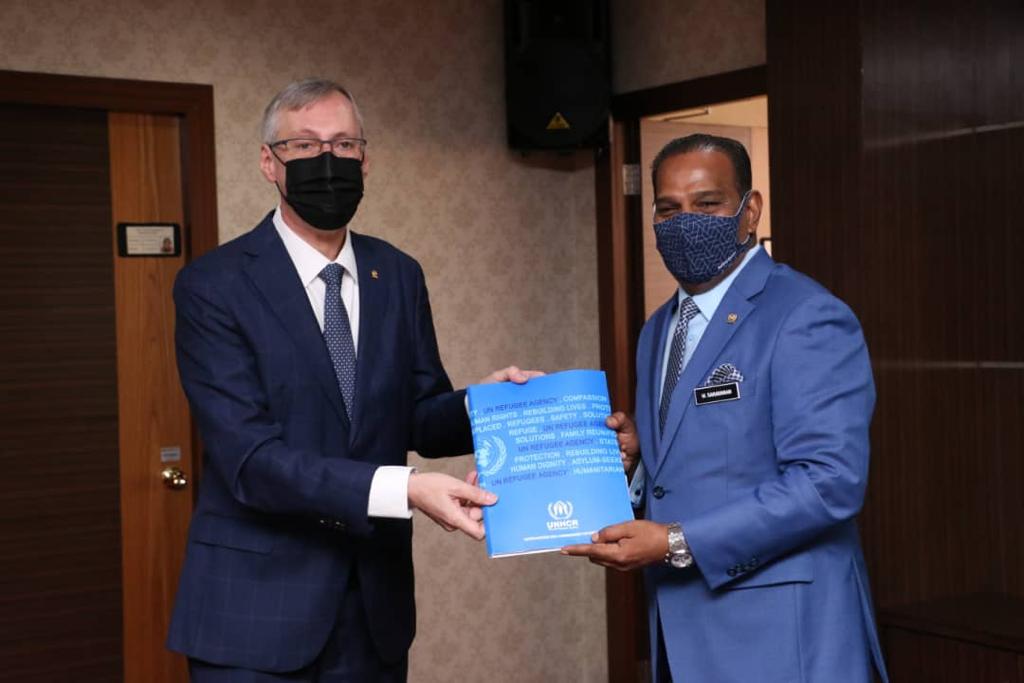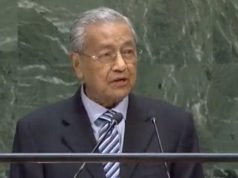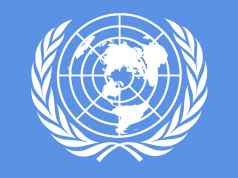SANTIAGO DE CHILE, Sept 13 – One of the main features emerging with the current international economic situation is mega-regional negotiations linking the main world production networks – Europe, North America and Asia – and sometimes skirting the World Trade Organisation (WTO), a UN report says.


Among several mega-regional negotiations under way that are changing the face of world trade are Trans-Pacific Partnership Agreement (TPPA), the Transatlantic Trade and Investment Partnership (TTIP) between the European Union and the United States; the Regional Comprehensive Economic Partnership (RCEP) (involving the 10 Asean members, and Australia, China, India, Japan, New Zealand and South Korea) and the free trade agreements between China, Japan and South Korea, and between the European Union and Japan.
All of these initiatives aim to create large economically integrated spaces at the regional level (in Asia), as well as at the trans-Atlantic and trans-Pacific levels.
These mega-negotiations include topics that are not regulated by the WTO and that are important for international production networks.
The agenda is becoming increasingly sophisticated, with a view to harmonising the operating rules of various production networks to facilitate the operations of multinationals in North America, Europe and Asia.
Mega-regional negotiations under way will probably have considerable impact on the geographical distribution and governance of world trade and investment flows over the next few years.
The scale of these initiatives could result in a redefinition of the rules of international trade by 2020. To date, this redefinition has taken place on the periphery of the WTO, and without tackling some of the pending issues on the trade agenda that are the most interesting to developing countries.
According to the document, as well as diverted trade and investment flows, these negotiations could result in the region’s countries facing restricted access to knowledge and innovation opportunities provided by new technologies, if the positions of the lobbies observed so far in the main economies prevail.
Mega-regionalism poses the challenge of improving the international economic standing of the region’s countries, which would help to produce subregional value chains and progress towards pluri-national industrial policy practices.
The document therefore examines the potential of some subregional production networks, as well as suggesting policies that place learning about clusters and new-wave industrial policies at the heart of regional integration.
– BERNAMA










